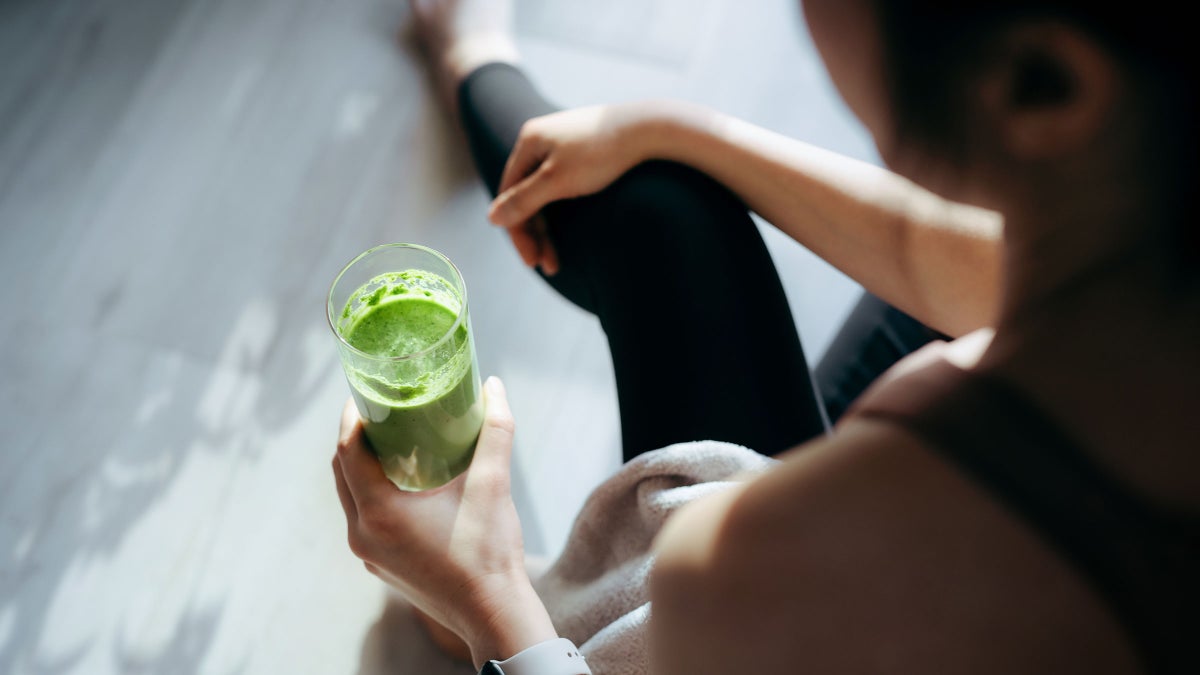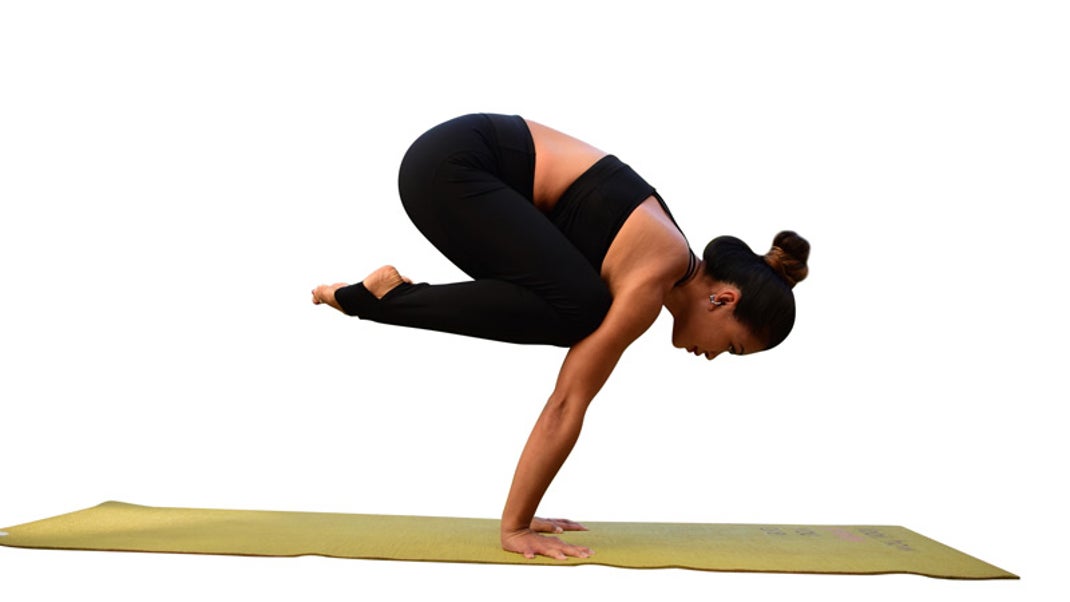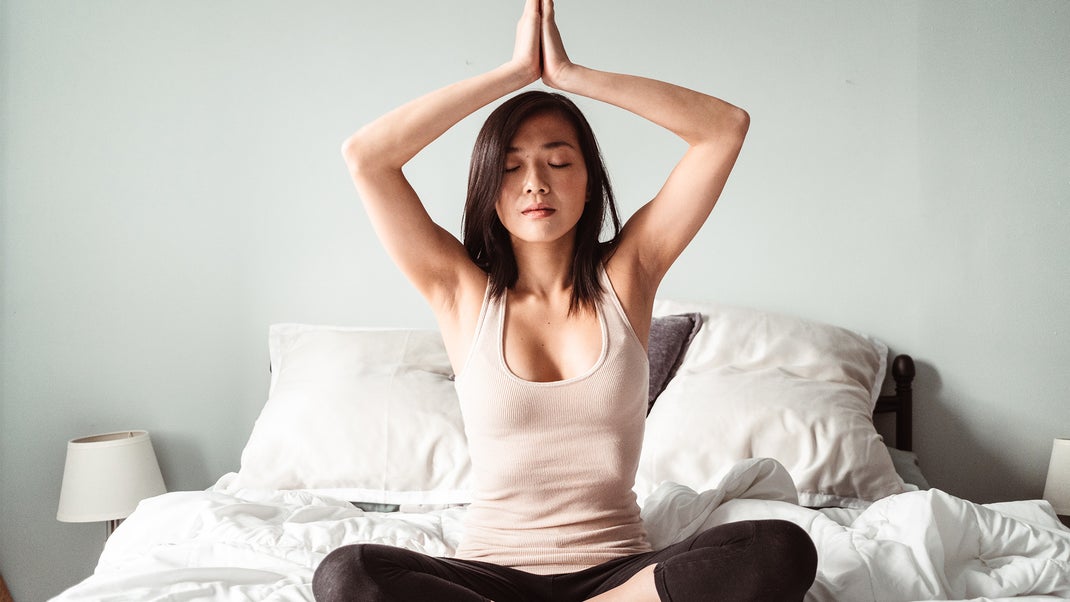Today’s wellness industry is a $3.5 trillion dollar industry, with the most popular methods of nutrition and exercise being heavily influenced by social media influencers. These podcasts are challenging this status quo one celery juice at a time.
A few months ago, I was ranting about some food-related issue to my roommate. Like most 20-something-year-old women, I’ve struggled with body image, food issues, and obsessive exercise habits for, well, as long as I can remember. In the midst of my rant, my roommate stopped me. “I think you should listen to this podcast,” she said.
She referred me to Maintenance Phase, a podcast that debunks fads that come from the wellness industry. The hosts of the show, Michael Hobbes, a former HuffPost reporter and the host of the You’re Wrong About podcast, and Aubrey Gordon, an author, and columnist for Self tackle topics like the history of the keto diet to whether celery juice is really the ultimate health drink and everything in between.
For example, in a recent episode about the Body Mass Index (BMI), the two hosts talk about the birth of the BMI—a data system created by a Belgian man as a tool meant to survey an entire population—not the health of individuals. In this episode, Hobbes and Gordon explain the rise of BMI as a present-day tool to determine individual health—a purpose that is far from scientifically sound. The two hosts follow a similar structure in their biweekly episodes—explaining the history behind a wellness trend, unpacking how it gained popularity, and often debunking it in the process.

What actually is the wellness industry?
Like Maintenance Phase, other podcasts, websites, and influencers are questioning the wellness industry—and the trends it spurs—too. Recently valued at $1.5 trillion, the wellness market sells consumers products and experiences that will lead them to live happier, healthier, and longer lives (allegedly). These products and experiences run the gamut—from low-calorie ice cream to Psychic Vampire Repellent (yes, that’s a real thing). And these podcasts are calling out these trends, whether in the name of journalism, like Maintenance Phase, or humor, like Pooh.
A comedian’s take on the wellness industry
On the podcast, Poog, (Gwyneth Paltrow’s Goop spelled backward), comedians Kate Berlant and Jacqueline Novak, poke fun at wellness trends—while trying them out for themselves. Sometimes these trends are so ridiculous that you have to laugh at them.
And unlike the influencers who tend to hide the number of free products they receive, the hags of Pooh (what Breland and Novak call themselves) openly celebrate brands sending them free products—in fact, their firsthand experiences are central to the podcast’s content.
The podcast itself stems from its own fascination with the wellness industry. In an interview with Seth Meyers, the hosts doubled down on their love for free products, encouraging brands to send them what they’ve got—even those that may consider themselves outside the world of wellness.
“We think of the wellness industry, some people see it as maybe a terrifying symptom of capitalism. We see it as an opportunity to try different serums,” joked Breland. They discuss their experiences with products and services on the show, covering everything from smoothie blenders to the Tracy Anderson Method. They’re relatable, hilarious, and may make you at least ponder (or laugh at) your $15 green juice.
Unraveling the connection between wellness culture and conspiracy theorists
Another podcast, Conspirituality, hosted by Derek Beers, Matthew Rimsky, and Julian Walker, details how obsessions with the wellness space can become dangerous—and exposes how disinformation and conspiracy theories can stem from stories and trends in the yoga, wellness, and spiritual worlds.
(Full disclosure: The podcast covered the blowback YJ received on an Instagram post promoting a pro-vaccination article.) The hosts look at these topics from a broad lens, which is not surprising considering their diverse backgrounds—Beers is an author and content marketer; Rimsky is an author and researcher focused on cult dynamics (and a cult survivor, himself); and Walker is writer and yoga instructor.
Their goal is to not only break apart the misinformation but also to help listeners understand the roots of these issues. For example, in a recent episode, the hosts discuss the journey of Paul Chek—from a popular fitness professional to a promoter of conspiracy theories and anti-vaccination rhetoric.
The wellness trends and fads that these podcasts discuss—whether in the name of comedy or to fight against conspiracy theories—are not disappearing. The trillion-dollar industry will keep expanding in the name of promoting health, happiness, and longevity. But, hey, at least with these pods, you can feel better about saving your money on that $15 green juice?
Conclusion:
These podcasts are challenging the wellness industry—one celery juice at a time. These podcasts cover wellness trends and fads, whether in the name of journalism or to fight against conspiracy theories. These podcasts are not disappearing because of their popularity with consumers—the trillion-dollar industry will keep expanding.



